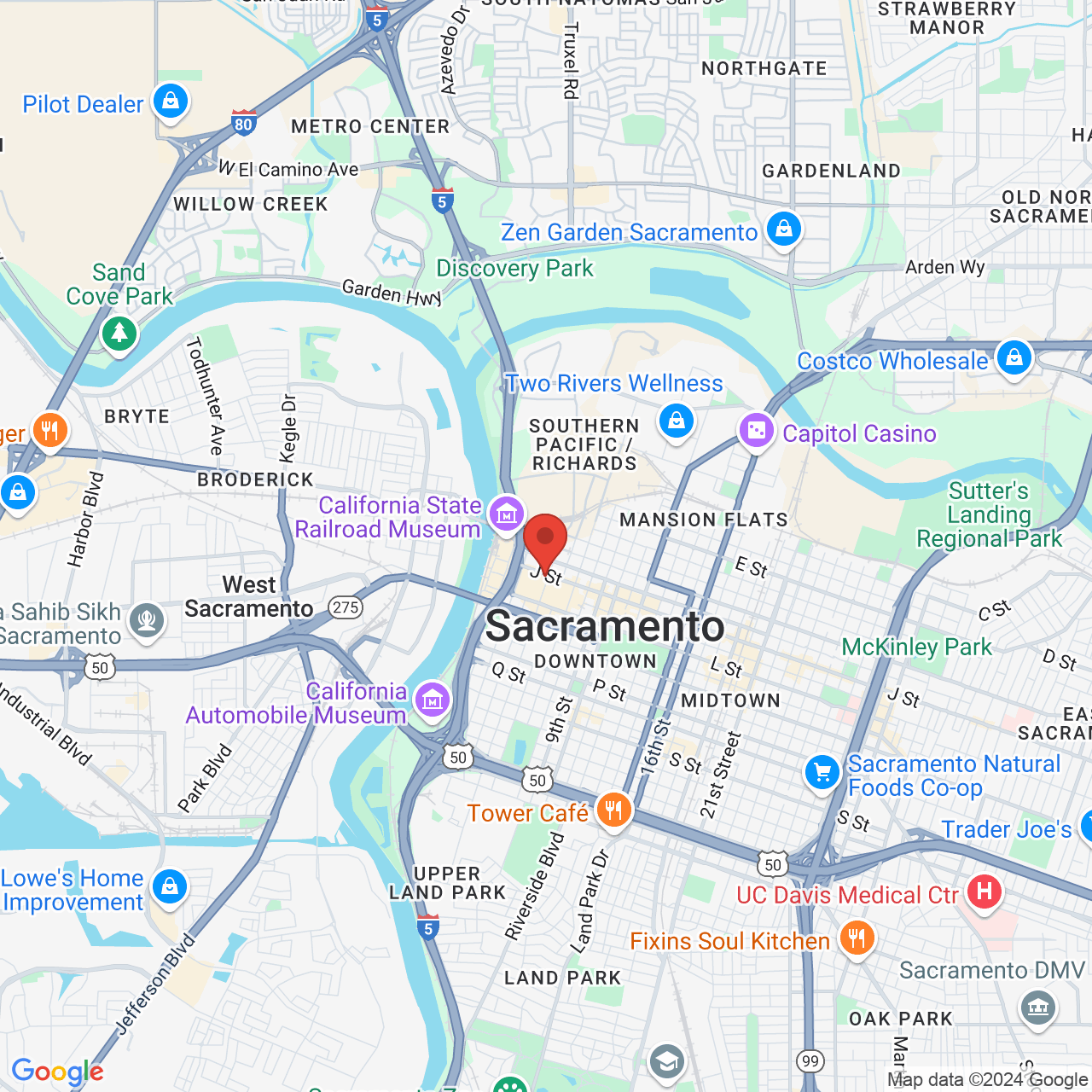
Thyberg Law
Since 1981, Gregory A. Thyberg has been providing legal services to clients throughout Sacramento. With a focus on employment law, he can help you find a solution when facing discrimination, harassment, or other workplace injustices. Mr. Thyberg is affiliated with organizations like the:
- California Bar Association
- San Francisco Trial Lawyer’s Association
If you're experiencing unlawful discrimination in the workplace, request a consultation with Mr. Thyberg or call (916) 204-9173.

